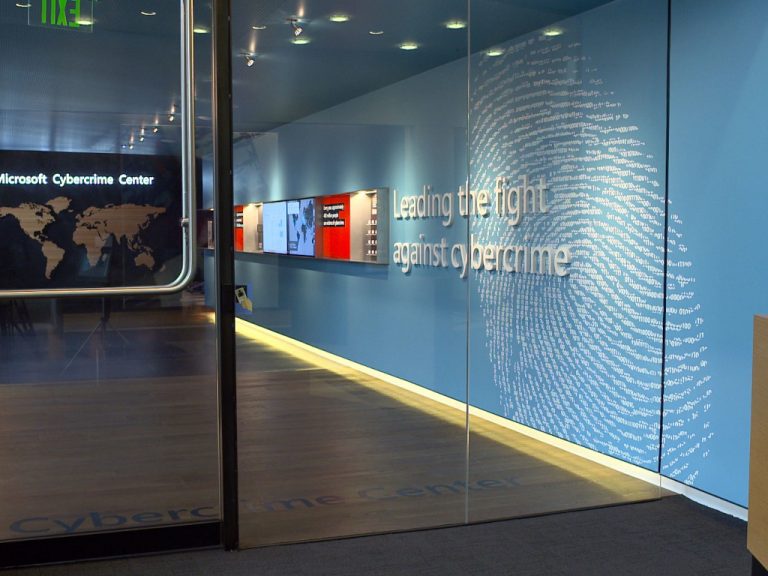Microsoft stresses the importance of collaboration among governments, law enforcement, international partners, and private corporations to address cybercrime. Negotiating a Cybercrime Treaty at the United Nations is challenging due to differing viewpoints on what constitutes cybercrime and how to address it.
Microsoft’s concerns regarding the treaty’s broad scope and potential misuse are valid. The balance between addressing cybercrime and protecting individual rights, such as privacy and freedom of expression, is crucial. The potential for authoritarian states to exploit the treaty for their agenda is a significant worry.
It is important for the treaty to be in line with data protection standards, criminalize cybercrime, restrict data access, incorporate measures to safeguard human rights, and provide protection to ethical hackers. The absence of transparency safeguards, the possibility of surveillance happening without prior notice, and the potential to compromise human rights and national security are major concerns.
To prevent abuse and maintain accountability, transparency, oversight, and the ability for tech providers to challenge government data requests are crucial. Extradition measures in the treaty should also address cyber criminals evading prosecution.
It’s encouraging to see stakeholders such as Microsoft actively advocating for a treaty that strikes the right balance between cybersecurity and individual rights. Collaborative efforts between governments, private sector entities, and civil society are key to addressing the complex challenges of cybercrime.
UN member states must prioritize human rights and international cooperation in creating a treaty that effectively fights cybercrime, given the constantly evolving nature of technology and cyber threats. A safer and more secure digital environment is crucial.


